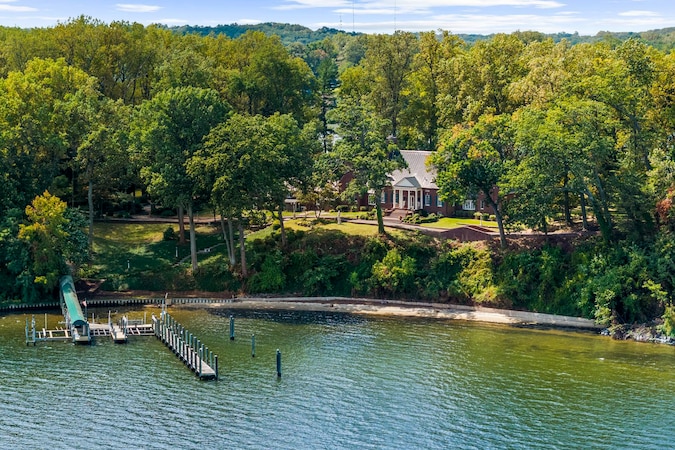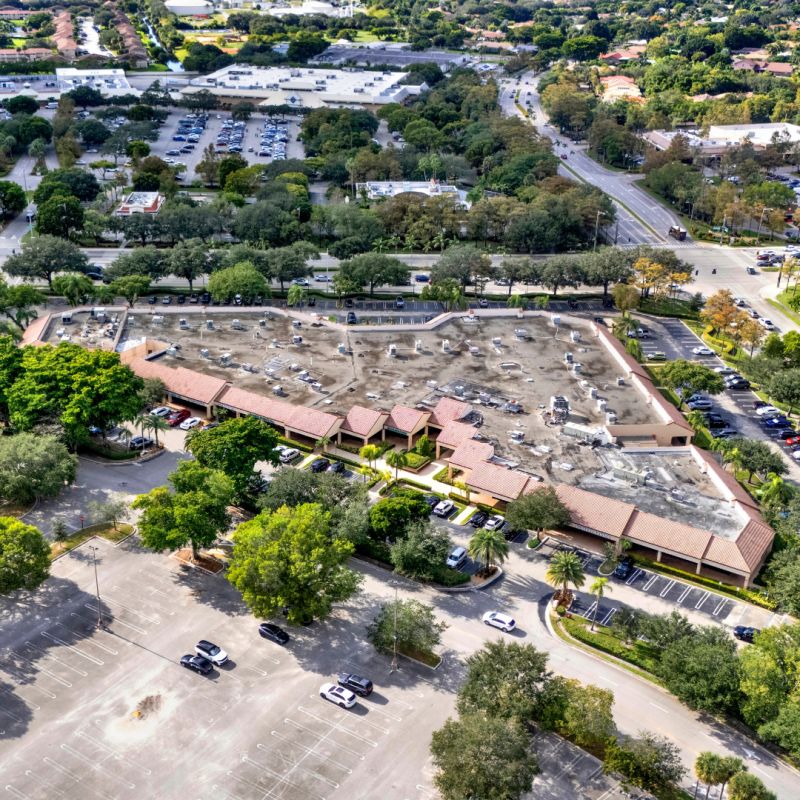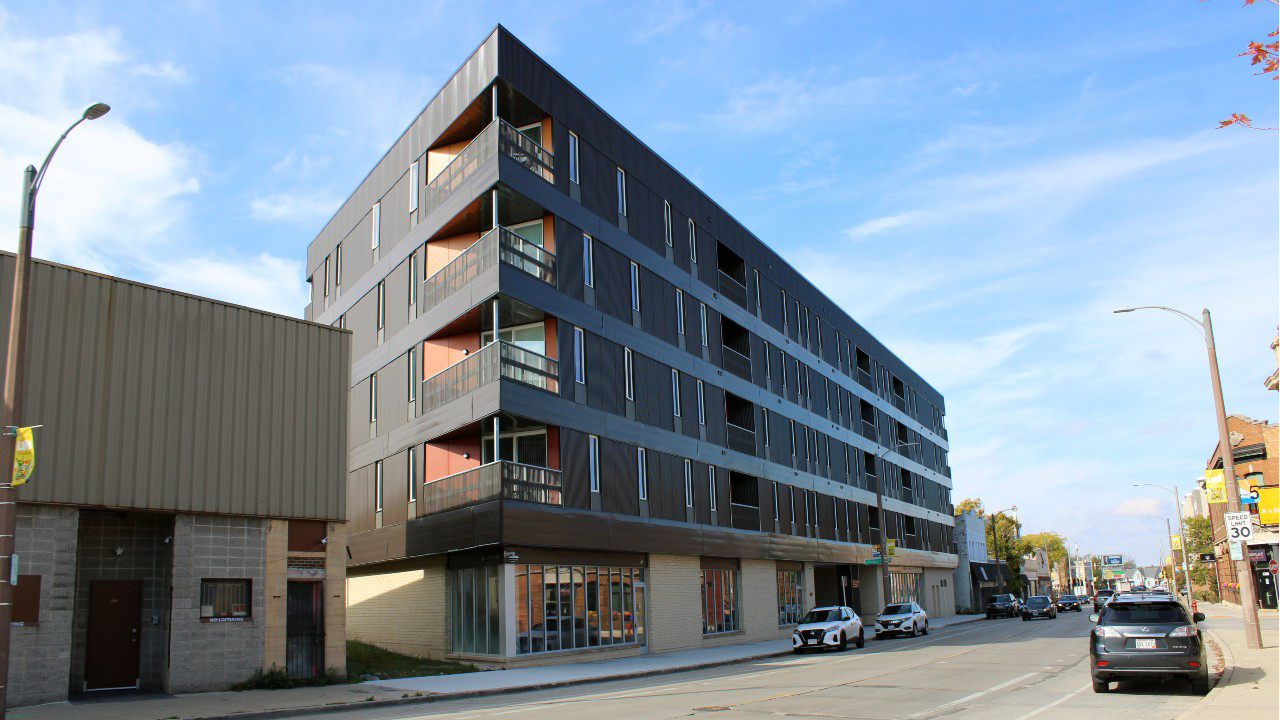S
t. Helena Island, the only habitable island in Maryland’s Severn River, has long been a place of intrigue. In the 1920s Paul M. Burnett, a life‑insurance executive, built a brick mansion on the island that echoed Baltimore’s Homewood House. The walls resembled medieval battlements, and the estate boasted exotic animal pens and a hidden gambling vault. Burnett later sold the island to Eugene J.C. Raney, a Montgomery County businessman, who in 1951 was caught running an illegal gambling operation. Police seized nickel‑slot machines and fined Raney $500. A 1953 riot at Crownsville State Hospital and a 1955 hoax note found on a pickle jar added to the island’s legend, though the idea of turning it into a prison never materialized.
In the 1980s Dr. Charles Iliff, a Johns Hopkins ophthalmologist, owned the island for a decade. His grandson, Jesse Iliff, now executive director of the Severn River Association, recalls the island’s “wonderland” atmosphere and the mysterious vault that once held miniature deer. The island’s only roads are private, and it has a handful of homes besides the century‑old mansion.
Today the island is up for sale again. The listing price is $2.98 million for a 7‑acre parcel that includes a 7,100‑sq‑ft mansion, a guest cottage, a water‑tower office, and a pier. The property occupies roughly half of St. Helena, the other half owned by the Pinkard family of Baltimore, who use it as a summer retreat. Brad Kappel, the listing agent, notes that such generational properties rarely appear on the market. He is also handling other high‑profile waterfront sales: Dobbins Island in the Magothy River for $1.98 million, the former Capuchin Friary for $19.9 million, and a West Annapolis home that sold for $17.5 million, the highest waterfront sale in Maryland history.
St. Helena’s colorful past includes a 1951 police raid that uncovered illegal gambling, a 1953 riot that sparked a failed prison proposal, and a 1955 hoax note that was dismissed by authorities. The island’s 1920s mansion featured a series of safes, including a safe within a safe, and a secret compartment in a closet, as reported by the Washington Post in the 1980s.
In the late 1990s, local residents opposed plans by Fantasy Island Management Inc. to convert the island into a wedding and party venue, citing noise complaints. The island has also been owned by a judge, a prominent lawyer, and a real‑estate magnate.
In 2019, David Clickner, a wood‑floor wholesaler from Glen Burnie, purchased the mansion and half of the island for $2.37 million. Clickner also owns Dobbins Island, where he has faced litigation over public access. With Dobbins under contract, Clickner may be relinquishing island life. The St. Helena estate is slated for auction on Oct. 22, with opening bids expected between $1 million and $2 million.














